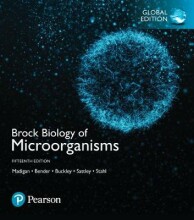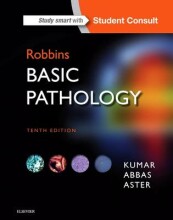Transplantation rejection and tumor immunology
8 important questions on Transplantation rejection and tumor immunology
What is essential in transplantations?
What are the major complications of HSC transplantation?
- Immune deficiency around time of transplantation
- Graft failure; no growth of new immune cells
- Graft-versus-host disease
What are the steps of killing tumor cells?
- “Danger signals” from dying cancer cells activate phagocytes
- Dendritic cells pick up pieces of dead tumor cells and migrate to lymph node
- Dendritic cells present tumor antigens to T cells
- Antigen-specific CD8+ T cells are activated to proliferate and differentiate into killer cells (CTLs)
- Migration of tumor-specific CTLs
- CTLs kill tumor cells that express tumor antigens
- Higher grades + faster learning
- Never study anything twice
- 100% sure, 100% understanding
From which groups, immune-activating tumor antigens can arise?
- Mutated oncogens
- Mutated self antigens
- Aberrantly expressed proteins
- Oncogenic viral antigens
How tumor cells avoid elimination by the immune system?
- Low immunegenicity; no neo-antigens or co stimulatory
- Loss of MHC I expression
- Immune suppression
- Block CTL function
What are effective immunotherapies?
2. Blocking immune checkpoint inhibitory signals
3. CAR T cell therapy
What is a side effect of activation of host immunity?
Definition CAR T cell therapy
- Genetic modification of patient’s own T cells
- Modified to recognize a specific tumor antigen
- Binding of tumor antigen triggers T cell activation
- Grown in bulk and put back in patient to attack the tumor
The question on the page originate from the summary of the following study material:
- A unique study and practice tool
- Never study anything twice again
- Get the grades you hope for
- 100% sure, 100% understanding
































